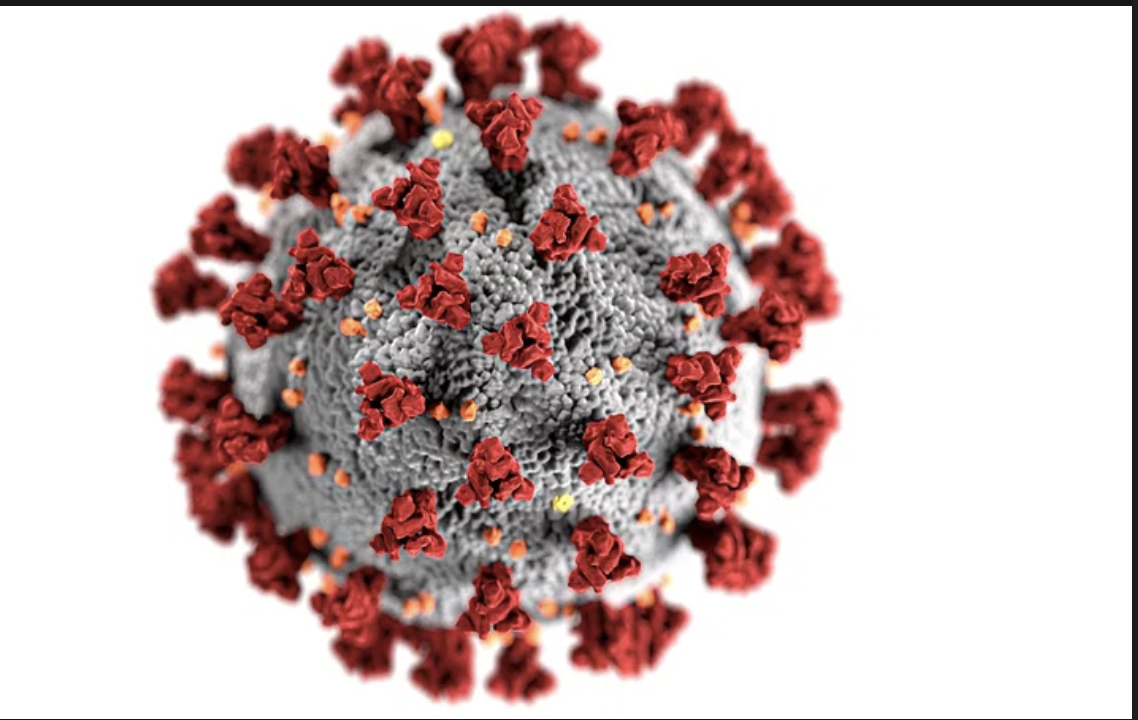On December 8, a novel variant of Covid-19, designated as JN.1, emerged in Karakulam, Thiruvananthapuram district, Kerala. Explore key information regarding JN.1 symptoms and preventive measures amid the rising cases in the southern state. This particular sub-variant, previously identified in nations such as the United States and China, has led to an escalation in infection rates in Kerala.
Despite the emergence of JN.1, the World Health Organization (WHO) assures the public that all officially approved Covid-19 vaccines remain effective in providing protection against this variant. Stay informed about JN.1 to better safeguard yourself and others during these challenging times
What Is Covid JN1 Variant | Covid 19 JN1 2024
The JN.1 coronavirus variant is currently a topic of concern for both health experts and the general public. Originating in Luxembourg, this sub-variant is a progeny of the Pirola variant (BA.2.86), which, in turn, traces its roots back to the Omicron sub-variant. Stay updated on the latest developments surrounding the JN.1 variant for a comprehensive understanding of the evolving situation.

What Is The Impact Of Covid JN1 Variant | Do We Need To Panic For Covid JN1 Variant
Do not worry about the JN.1 subvariant, as Dr. NK Arora, the head of INSACOG, a network of genomic laboratories monitoring COVID-19 variants, assures there is no need for panic. Despite a reported death in Kerala, Dr. Arora clarified that the fatality was due to several underlying health conditions, not exclusively Covid. The situation is under close observation, with ongoing genome sequencing in different states. Dr. Arora highlighted that although sample numbers are limited, they are being collected nationwide
https://mahilasammansaving.com/category/yojana-in-english/
What Are The Stats Of Covid JN1 Variant in 2024
The COVID-19 new variant has just started on 08th December 2023, Where still People in India are still getting hint on the JN1 variant. During the initial week of the current month (December 3 to December 9), Singapore witnessed a surge in COVID-19 cases, with an estimated total of 56,043 reported. Responding to this increase, the Ministry of Health (MOH) in Singapore recommended the use of masks in crowded places, especially indoors. Additionally, they advised travelers to take precautions, including wearing masks at airports and avoiding poorly ventilated crowded areas, in light of the escalating coronavirus situation

What Are The Symptoms Of Covid JN1 Variant in 2024
Covid JN.1 is similar to various global variants and sub-variants, presents as a mild variant associated with upper respiratory symptoms. Commonly reported symptoms encompass fever, runny nose, sore throat, headache, and, in certain instances, mild gastrointestinal symptoms. It is noteworthy that the majority of patients undergo a relatively mild upper respiratory experience, with symptoms generally improving within four to five days. Moving ahead, the primary approach involves testing for this novel COVID variant if feasible, followed by assessing whether individuals are afflicted with COVID or another viral infection. It’s essential to note that these symptoms bear similarities to those seen in other viral infections.
What Are The Different Covid Variants Till Date In 2024
There are multiple COVID variants till now, but the first occurred in 2019 end of December which breakout in 2020 and is most famously known as Covid-19 and it has spread across the world and disrupted the world economy. How ever follow are the few basic details on the all Covid Variants after Covid-19
- Delta Variant : The variant that has garnered attention is the Delta variant, formally known as B.1.617.2. considering its origin, characteristics, and implications. The Delta variant was first identified in October 2020 in India and has since become a prevalent strain worldwide. Its rapid spread led to its designation as a “variant of concern” by the World Health Organization (WHO), sparking heightened vigilance among health authorities globally.
- Alpha Variant : The Alpha variant, originating in the UK, showed increased transmissibility, leading to global concerns and heightened monitoring of its impact on public health
- Beta Variant: South Africa’s Beta variant raised alarms due to mutations affecting vaccine efficacy, emphasizing the need for ongoing research and adaptation in the fight against COVID-19
- Gamma Variant (P.1): Brazil’s Gamma variant exhibited higher transmissibility and potential immune escape, underlining the challenges in controlling the virus’s spread and the importance of vaccination campaigns
- Omicron Variant: The Omicron variant, first identified in Botswana and South Africa, sparked global concern due to a multitude of spike protein mutations, prompting rapid research and public health responses
What Is Covid 19
COVID-19, caused by the SARS-CoV-2 virus, emerged in Wuhan, China, in December 2019, and swiftly evolved into a global pandemic. The symptoms of COVID-19 vary, commonly featuring fever, cough, headache, fatigue, breathing issues, loss of smell, and taste. Onset of symptoms may occur within one to fourteen days post-exposure, with a notable portion of infected individuals remaining asymptomatic.
About 81% of patients experience mild to moderate symptoms, including mild pneumonia, while 14% face severe symptoms such as dyspnea and hypoxia. Critical symptoms, like respiratory failure, shock, or multiorgan dysfunction, are observed in 5% of cases. The elderly are at a higher risk of developing severe symptoms. Additionally, some individuals suffer from lingering effects, known as long COVID, persisting for months or even years after infection, with documented organ damage. Ongoing research aims to unravel the long-term impacts of the disease. Transmission occurs through inhalation or contact with infectious particles through the eyes, nose, or mouth. High-risk situations involve close proximity, but airborne particles can linger indoors and travel longer distances. Surface contact is another mode of transmission, with the virus remaining viable for an extended period. Individuals can remain contagious for up to 20 days, potentially spreading the virus even without exhibiting symptoms. Rigorous investigations are underway to comprehensively understand the prolonged effects of COVID-19
FAQ Of Covid JN1 Variant 2024
What Is JN1. Virus
It is a new Covid-19 variant virus which has recently caught attention across the globe and slowly spreading
What Are The Symptoms Of JN1. Virus
Fever, runny nose, sore throat, headache and mild upper respiratory problem. But these are just initial analysis please reach out the nearest doctor for full clearly
How Dangerous Is JN1. Virus
As of now no need of panic, the only thing is caution to be protected. The government of Karnataka and Kerala has issued masks mandatory for people above 60 years of age and the same rules to be followed as per Covid -19 like regular sanitization and other hygiene for all other people
What Is The Test For JN1. Virus | How To Get Tested For JN1. Virus
To get tested for JN1. virus please visit to your nears RT-PCR center and get it tested in India

What Is the Total Number of Case Identified For JN1.
As on date in India the total active case is 1,800+ , how ever Singapore has detected the highest number of JN1. virus i.e 56,000 and followed by China, USA, and other countries.









